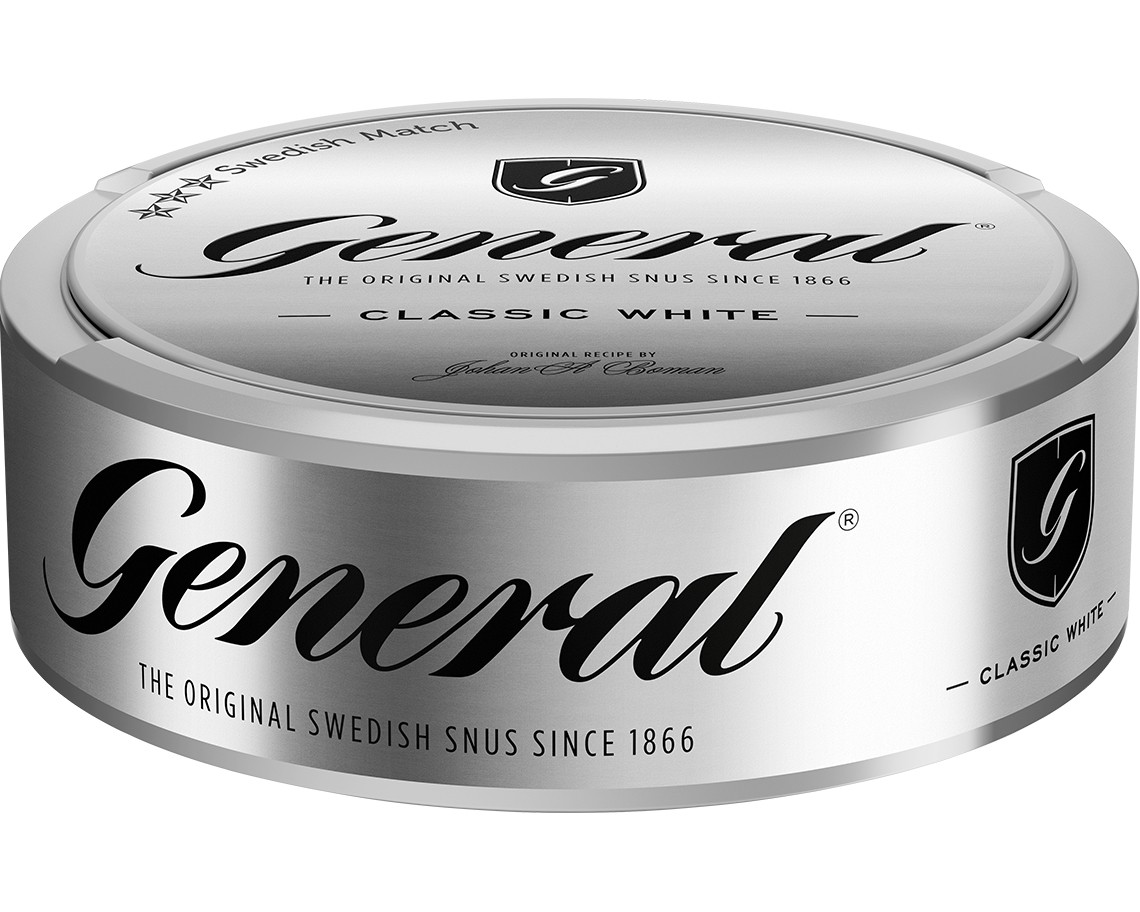After analyzing decades of evidence, FDA has agreed that these products are safer than cigarettes and has granted its first-ever modified risk orders to eight of their smokeless tobacco products.
Their packages will now be able to state “Using General Snus instead of cigarettes puts you at a lower risk of mouth cancer, heart disease, lung cancer, stroke, emphysema, and chronic bronchitis.” They must still carry warning statements required for all tobacco products, namely that no product is completely "safe."

The Modified Risk Tobacco Product (MRTP) pathway outlined in the 2009 Family Smoking Prevention and Tobacco Control Act allows companies to submit applications for the FDA to evaluate whether a tobacco product may be sold or distributed for use to reduce harm or the risk of tobacco-related disease associated with commercially marketed tobacco products.
This is the first company to successfully navigate the government regulatory system that is not only anti-smoking but became anti-nicotine during the last administration.
In its review, the FDA looked at whether the company demonstrated that the product – as actually used by consumers – significantly reduced harm and the risk of tobacco-related disease to individual users and benefited the health of the population as a whole. They also considered whether those who do not use tobacco products would start using the product and whether existing tobacco users who would have otherwise quit would switch to the modified risk product instead.
Swedish Match satisfied all criteria with its data.
The FDA’s review determined that the claim proposed by the company in its application is supported by scientific evidence, including long-term epidemiological studies, show that relative to cigarette smoking, exclusive use of these specific smokeless tobacco products poses lower risk of mouth cancer, heart disease, lung cancer, stroke, emphysema, and chronic bronchitis. Evidence submitted in the application also demonstrated that consumers can understand the claim and the relative risk of the products, and that seeing the claim influenced their intentions to buy the products among smokers 25 years of age or older – a group who stands to benefit the most from the modified risk tobacco products.
FDA agreed that the modified risk product, as actually used by consumers, will significantly reduce harm and the risk of tobacco-related disease to individual tobacco users and benefit the health of the population as a whole.




Comments